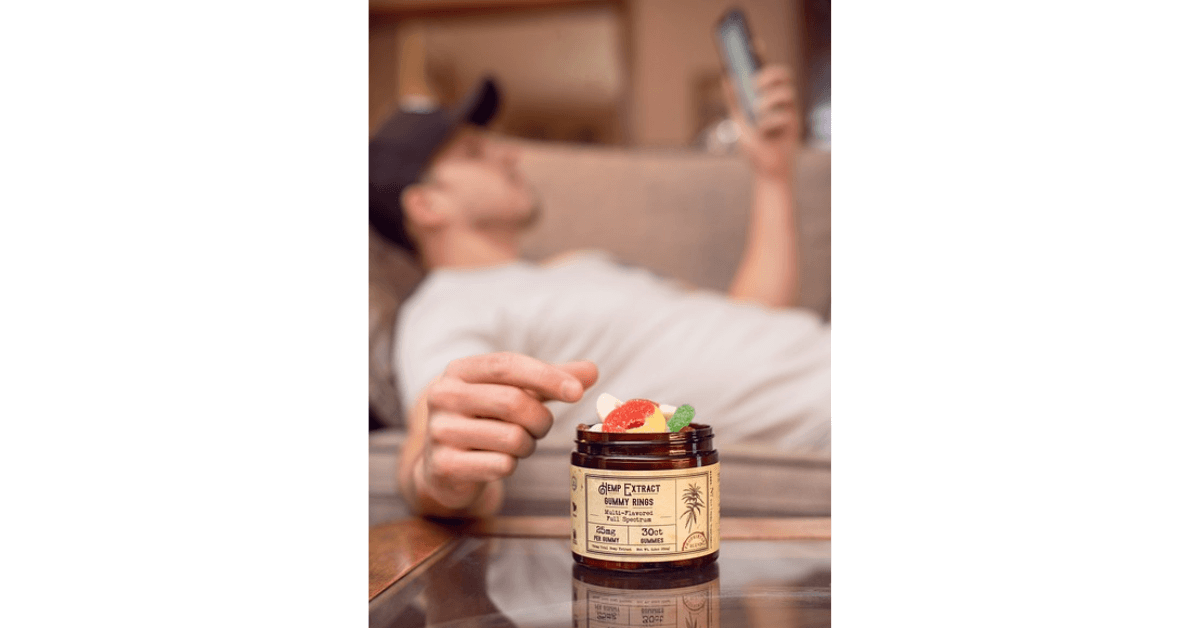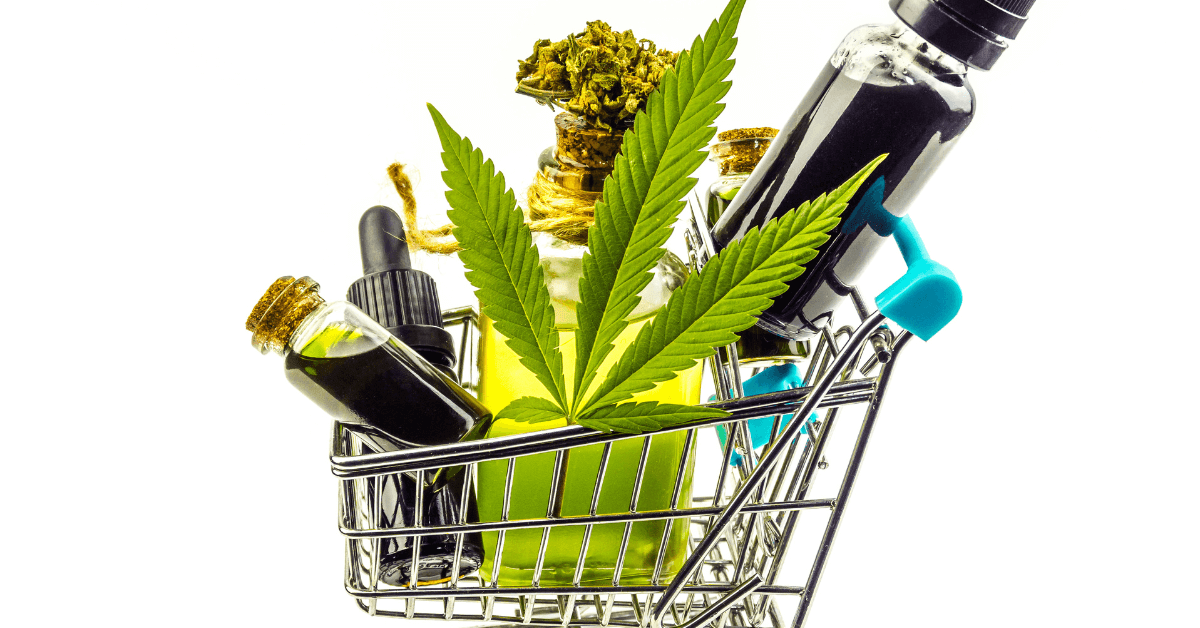Does CBD Oil Make You Hungry?
CBD has taken the wellness world by storm, and it’s easy to see why. People turn to CBD for pain, sleep issues, anxiety, depression, and many other health problems. But, there are still so many questions surrounding this cannabis plant extract, such as does CBD make you hungry? After all, gaining weight is probably the last thing many of us want.
I’ve used several CBD products over the last two years and spent hours checking the research done on CBD. Here’s the answer on does CBD make you hungry.
Quick Summary
- CBD can help users lose weight by turning white fat cells into brown fat cells.
- CBD can help regulate various biological functions, boost mood, lower chronic pain, and more.
- CBD can act as an appetite stimulant in some situations.
What is CBD Oil?
CBD oil is oil infused with CBD. CBD is one of over 100 compounds found in the cannabis plant. Together with THC, it’s one of the two main compounds. CBD isn’t intoxicating, which means using CBD oil won’t make you feel high.
CBD oil usually comes with a dropper, and you apply a small dose under your tongue. It’s recommended to hold CBD oil under your tongue for about 30 seconds for the best results.
CBD is proven to help with various health issues, such as sleep problems, anxiety, depression, cancer symptoms, inflammation, and more, and you can use CBD oil for most of these.
CBD oil is legal in the US if it’s hemp-derived and contains less than 0.3% THC.
How Does CBD Work?
CBD works by interacting with the endocannabinoid system (ECS). The ECS system regulates body needs and functions, such as sleep, appetite, digestive health, pain, mood, and more.
ECS has two receptors:
- CB1 — Located in the brain and the central nervous system
- CB2 — Located in the immune system
CBD affects these receptors and produces anti-inflammatory and pain-relieving effects.

Does CBD Give You Munchies?
No, CBD doesn’t give you munchies. In fact, THC is more likely to make you feel hungry. THC is commonly derived from the marijuana plant, and it stimulates the CB1 receptor, which releases the hormone ghrelin, which makes your brain think you’re hungry.
On the other hand, CBD is usually derived from hemp plants, and hemp has a small proportion of THC. CBD antagonizes the CB1 receptor, which doesn’t lead to appetite stimulation but appetite suppression. This means CBD is great for weight loss. You won’t feel the urge to snack or binge eat and can have lower body weight.
How Can CBD Increase Appetite?
CBD isn’t an appetite stimulant, but it can regulate your appetite. It helps the body have better control of releasing natural chemicals, which include hormones. This can result in a lower or higher appetite, depending on your body’s needs.
Overall, CBD users can experience increased hunger after using CBD. This usually happens if you’re stressed out, as stress releases cortisol which makes us hungry and want to eat more food.
One study found that children who used CBD for epilepsy had an increased appetite. Still, the results are mostly inconclusive, and we need more research to know if CBD can encourage weight gain by stimulating appetite.
The main two ways in which CBD can boost appetite are:
- Alleviates nausea which boosts appetite — Nausea leads to a reduced desire to eat. It can happen because of anxiety, stress, medication, and many other factors. CBD can lower nausea symptoms, which increases food intake and leads to a healthy appetite.
- Improves gastrointestinal health, which can stimulate appetite — CBD can be used as a gut remedy. CBD can improve gut issues, which helps with inflammatory bowel disease and general gastric inflammation. This results in a healthy appetite.

Is CBD Oil Safe?
Yes, CBD oil is safe. Make sure to buy CBD oil from hemp plants so it has under 0.3% THC. Also, buy from manufacturers that third-party test their products. This way, you know every ingredient in the CBD oil is safe and what the label states is completely true.
CBD oil can help you sleep better, regulate appetite and have a healthy diet, reduce anxiety, make you calmer, and more, so it’s a great tool in fighting various issues.
Will CBD Make You Feel Hungry?
It’s unlikely that CBD will make you feel hungry. Most users have a lower appetite and use CBD to lose weight. However, there are situations where CBD leads to increased appetite. CBD regulates body functions, and a higher appetite is what your body needs occasionally.
Make sure to buy CBD oil from certified manufacturers that third-party test their products, like Players Only CBD. Use CBD oil as stated on the label for best results, and you’re unlikely to experience any side effects.
References
Farm Bill. (n.d.). Www.usda.gov. https://www.usda.gov/farmbill
MD, P. G. (2021, August 11). The endocannabinoid system: Essential and mysterious. Harvard Health. https://www.health.harvard.edu/blog/the-endocannabinoid-system-essential-and-mysterious-202108112569
Hussain, S. A., Zhou, R., Jacobson, C., Weng, J., Cheng, E., Lay, J., Hung, P., Lerner, J. T., & Sankar, R. (2015). Perceived efficacy of cannabidiol-enriched cannabis extracts for treatment of pediatric epilepsy: A potential role for infantile spasms and Lennox-Gastaut syndrome. Epilepsy & behavior: E&B, 47, 138–141. https://doi.org/10.1016/j.yebeh.2015.04.009
